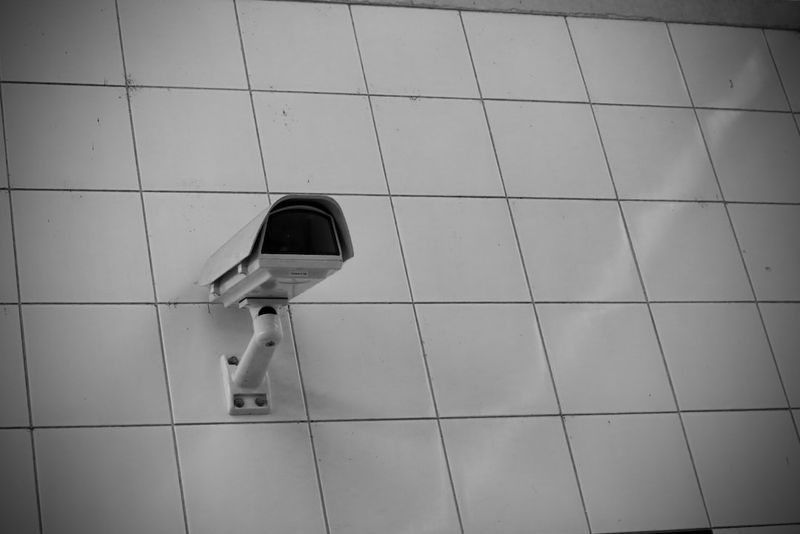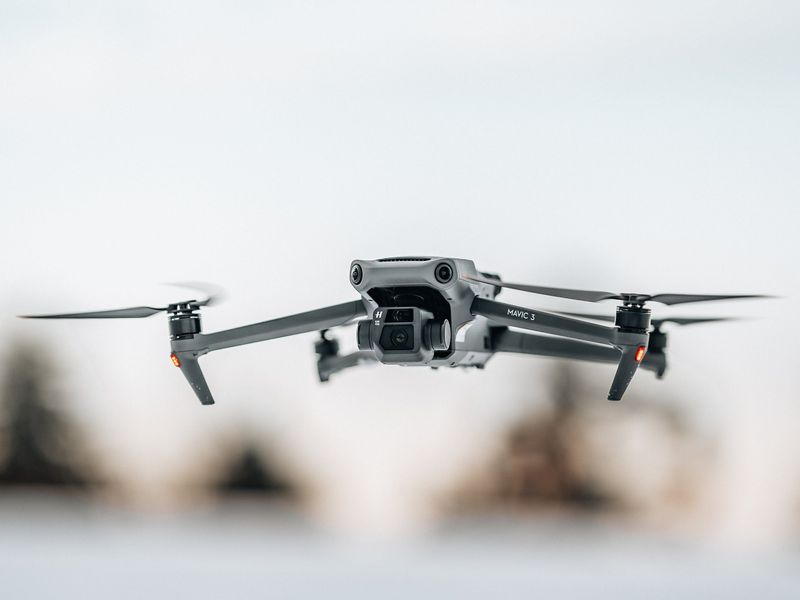Threats Satellite Hack on Eve of Ukraine War was a Coordinated, Multi-Pronged Assault
The satellite hack that occurred on the eve of the Ukraine war was more complex and extensive than originally thought, according to Mark Colaluca, the Vice President and Chief Information Security Officer at Viasat Corporate. Speaking at the Black Hat cybersecurity conference in Las Vegas, Colaluca revealed new details about the attack, including a previously unknown component that targeted specific terminals to prevent them from reconnecting to the network. This attack was carried out by attackers who had detailed knowledge of the compromised system, indicating a highly coordinated and sophisticated operation.
Cyberattack Details
The hackers behind the attack on Viasat used a piece of malware that wiped the contents of thousands of targeted modems. This aspect of the attack was well understood, but Colaluca revealed that there was a second, unknown component that involved a highly technical knowledge of Viasat’s network and its protocols. This secondary attack targeted specific terminals, preventing them from reconnecting to the network and further disrupting communications.
The attack was attributed to Russia by both US government and Ukrainian officials. It caused significant damage, shutting down communications that Kyiv relied on for commanding troops and providing internet access to thousands of Europeans. The attack highlighted the role of cyber operations in the war between Russia and Ukraine.
Importance of Satellite Cybersecurity
The attack on Viasat’s satellite communications network has become a wake-up call for improving the cybersecurity of space systems. Following the attack, the Cybersecurity and Infrastructure Security Agency, the FBI, and the National Security Agency released alerts and recommendations to protect satellite communications. This incident has highlighted the vulnerability of satellite systems and the need for increased protection against cyber threats.
NSA Surprise and Anticipation
Kristina Walter, who leads the National Security Agency’s efforts to protect the cybersecurity of the US defense industrial base, admitted that the assault on a satellite internet provider caught her agency by surprise. The NSA had anticipated cyberattacks on defense contractors in the run-up to the invasion of Ukraine but did not anticipate an attack on a satellite network. This indicates that the sophistication and extent of the attack were unexpected, further emphasizing the need for improved preparedness and defense measures.
Continued Attacks and Improved Security
Viasat has continued to face attacks on its systems even after the initial incident. The company has observed several incidents in the RF domain, referring to radio frequencies used by the satellite to communicate with its base stations. While specific details about these attacks were not provided, Colaluca stated that improvements in Viasat’s security posture have appeared to thwart them. This highlights the ongoing nature of cyber threats and the need for constant vigilance and improvement of security measures.
Conclusion
The satellite hack on the eve of the Ukraine war was a sophisticated and coordinated assault that targeted Viasat’s satellite communications network. The attack involved both wiping the contents of thousands of modems and preventing specific terminals from reconnecting to the network. The incident has raised concerns about the cybersecurity of space systems and the need for enhanced protection against cyber threats. It has also highlighted the ongoing nature of cyberattacks and the importance of continuous improvement and vigilance in security measures. The response to this attack serves as a lesson for the industry to prioritize cybersecurity and ensure the resilience of critical communication systems.

<< photo by SpaceX >>
The image is for illustrative purposes only and does not depict the actual situation.
You might want to read !
- The Surge of Rhysida Ransomware: A Growing Threat to Healthcare Operations
- The Troubling Consequences of CISA: A Backdoor Threatens Barracuda ESG Security
- Freezing Out Risk: Expert Advice to Safeguard Against Thermal Attacks
- The Growing Urgency for Cyber Insurance: Experts Advocate for Comprehensive Coverage
- Is Cloud Security the Next Frontier? Kivera Raises $3.5 Million in Seed Funding
- CISA Urges Vigilance as Cyber Threat Targets .NET and Visual Studio
- The Battle Royale: Security Researchers Challenge AI in an Epic Hacker Showdown at DEF CON
- The Disturbing Alliance: Unveiling the Vice Society’s Partnership with Rhysida Ransomware
- “Can AI Outsmart Hackers? DARPA’s Ambitious Contest Aims to Find Out”




